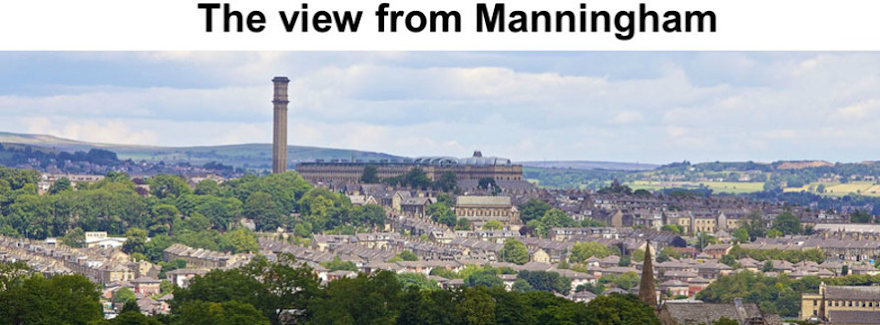After
much debate on Monday 14th July 2014, the Church of England has paved the way for women to become bishops and campaigners are declaring
victory, justice, equality, cultural relevance and more.
The
legislation - which most agree, is far more generous than previous drafts - now
proceeds to parliament for approval.
Of
course, not everyone has been celebrating.
Some
have been saddened, if not surprised, by the change and some are worried that
the legislation still does not do enough to protect the integrity of those who
hold firmly to the biblical model of male headship.
There
are lingering fears for the future - on a personal and corporate level.
The
discussions and decisions are not over yet.
So,
how do we pray for those impacted by the vote?
Maybe
2 John 1: v3-6 is a place to begin, the context is different but the words are
still dripping with poignancy.
An awareness of grace, mercy and peace (v3)
Pray that all those thinking through the implications of Monday 14th July 2014 vote will be mindful of their status as children of God - their privilege, the sufficiency of God's Word in the hands of the Spirit within them, their utter dependence on the Lord of all things and their call to be humble before his sovereignty
The joy of truth (v4)
Praise God for those men and women who have spoken truth - sometimes at great cost to themselves - and remain committed to God's Word.
To hear God's words spoken faithfully is a wonderful thing in any circumstance.
The mandate of love (v5)
Pray that every decision, every discussion, every report, every email will be seasoned with love in ways that honour God and give helpful witness to a watching world.
A passion for obedience (v6)
Pray that the love that is seen is worked out in obedience to the Lord - that faithfulness continues to be a path to pursue whatever the context, the worries and the energy levels.
There
are no easy answers, but love and truth hold firm.
Let's us all continue to pray for the Church of England.



